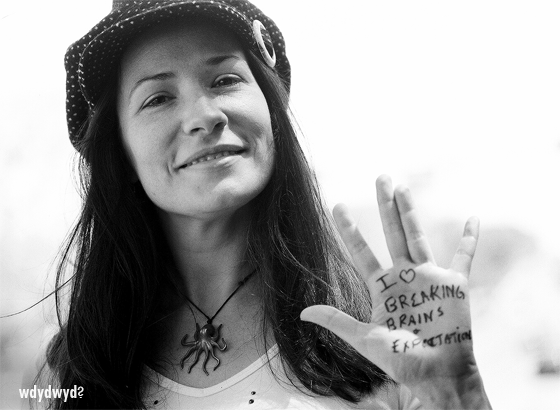Recently, the first-year students in Orot Israel College’s special education department (Elkana campus) visited the Therapeutic Riding Center of Israel, a unique therapeutic riding clinic located in Tel Mond. During the course of their visit, the students learned how the state-of-the-art clinic uses horseback riding and works with specially-trained dogs in order to improve their different clients’ physical and motor skills, self-esteem, and self-image.
The clinic boasts a wide range of programs run by experienced and licensed guides. Examples include programs geared for autistic children, children with cerebral palsy, children with special needs, at-risk teens, mentally-disabled adults, students with learning disabilities, traffic accident victims, disabled IDF veterans, recovering drug addicts, the elderly, and many others.
Horseback riding can help stimulate and strengthen various body parts – such as the arms, the legs, the back, the neck, the pelvis, and other muscles that have atrophied due to assorted causes. In addition, horseback riding significantly improves the rider’s self-confidence by allowing him to feel in control. At the Therapeutic Riding Center of Israel, although every client is actually supported by four staff members (mostly volunteers), the client feels that he leads and spurs the horse himself, and thus, he is in control.
Another interesting feature is the clinic’s dog kennel, which is staffed by professional dog trainers, who rely on innovative methods to help their clients. Often, the trainers have been successful in cases where conventional therapies had previously failed. The clients thrive thanks to the warmth, devotion, and unconditional love they receive from the dogs. During our visit, we witnessed a dog’s excitement and happiness when it saw one of the children, and we watched it playfully lick the child’s face and hands.
The Orot Israel College students toured the cutting-edge clinic and its surrounding idyllic open fields. They also enjoyed several instructive lectures delivered by the clinic’s staff members as well as a movie about the Therapeutic Riding Center of Israel. As one of the students noted, “I would really like to get involved and specialize in therapy using animals.”
The clinic boasts a wide range of programs run by experienced and licensed guides. Examples include programs geared for autistic children, children with cerebral palsy, children with special needs, at-risk teens, mentally-disabled adults, students with learning disabilities, traffic accident victims, disabled IDF veterans, recovering drug addicts, the elderly, and many others.
Horseback riding can help stimulate and strengthen various body parts – such as the arms, the legs, the back, the neck, the pelvis, and other muscles that have atrophied due to assorted causes. In addition, horseback riding significantly improves the rider’s self-confidence by allowing him to feel in control. At the Therapeutic Riding Center of Israel, although every client is actually supported by four staff members (mostly volunteers), the client feels that he leads and spurs the horse himself, and thus, he is in control.
Another interesting feature is the clinic’s dog kennel, which is staffed by professional dog trainers, who rely on innovative methods to help their clients. Often, the trainers have been successful in cases where conventional therapies had previously failed. The clients thrive thanks to the warmth, devotion, and unconditional love they receive from the dogs. During our visit, we witnessed a dog’s excitement and happiness when it saw one of the children, and we watched it playfully lick the child’s face and hands.
The Orot Israel College students toured the cutting-edge clinic and its surrounding idyllic open fields. They also enjoyed several instructive lectures delivered by the clinic’s staff members as well as a movie about the Therapeutic Riding Center of Israel. As one of the students noted, “I would really like to get involved and specialize in therapy using animals.”

.jpg)
.jpg)




